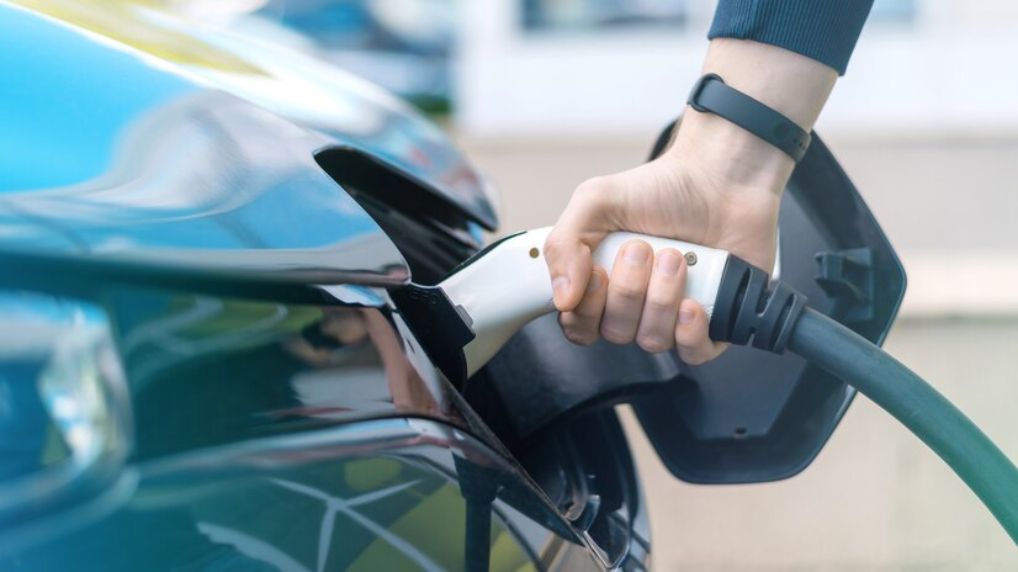The electric vehicle (EV) revolution is here to stay, and with it comes the crucial aspect of charging infrastructure. As more drivers switch to electric cars, the demand for reliable and accessible charging stations is skyrocketing. Several companies are stepping up to address this need, each with its unique approach and advantages. Within this dynamic landscape, three names stand out: ChargePoint, EVgo, and Electrify America. Let’s explore their offerings and delve into what makes them leaders in the US EV charging space.
1. ChargePoint: Ubiquity and Openness
Boasting the largest network of Level 2 AC charging stations in the US, ChargePoint reigns supreme in accessibility. With over 30,000 AC and DC fast-charging stations across North America and Europe, finding a ChargePoint charger on your travels is increasingly likely. Moreover, they prioritize interoperability, meaning your car can likely utilize their stations regardless of its brand. This universality is a significant contributor to their widespread adoption.
Their strengths lie in:
- Extensive network: With partnerships across various sectors like retail, workplaces, and municipalities, ChargePoint offers unmatched convenience.
- Open ecosystem: Unlike Tesla’s proprietary network, ChargePoint stations cater to multiple EV brands, promoting inclusivity and wider accessibility.
- Software solutions: Beyond hardware, ChargePoint provides cloud-based software for station management, billing, and data analysis, making operations efficient and user-friendly.
However, they face limitations in:
- Fast-charging coverage: While dominant in Level 2 charging, their DC fast-charging network lags behind competitors like Tesla and Electrify America.
- Focus on Level 2: Though convenient, Level 2 chargers offer slower charging speeds, which might not be ideal for long road trips.
2. EVgo: Fast Charging Focus and Sustainability
EVgo takes a distinct approach, specializing in DC fast-charging stations along major highways and urban centers. Their network comprises over 3,400 fast-charging stations, enabling rapid battery top-ups for long-distance travel. Furthermore, they prioritize charging with renewable energy sources, positioning themselves as a sustainable choice for eco-conscious drivers.
Their key strengths include:
- Fast-charging expertise: With a well-distributed network of high-power DC chargers, EVgo caters to the need for quick charging on the go.
- Sustainability focus: Their commitment to using renewable energy aligns with the growing demand for environmentally friendly charging solutions.
- Strategic partnerships: Collaborations with automakers and retailers like General Motors and Sheetz expand their reach and user base.
However, they also face challenges:
- Limited network size: Compared to ChargePoint, their overall network is smaller, especially in terms of Level 2 chargers.
- Focus on specific locations: Targeting highways and urban hubs might neglect rural areas with growing EV adoption.
- Higher charging costs: Their rapid charging typically comes at a premium compared to Level 2 options.
3. Electrify America: Building a Comprehensive Network
Founded by Volkswagen as part of its emissions mitigation efforts, Electrify America aims to build a nationwide network of fast-charging stations. Despite starting in 2017, they have rapidly expanded to over 3,500 DC fast chargers, primarily positioned along highways and within metropolitan areas. Their stations offer high-power charging capabilities, making them ideal for long-distance travel.
Their core strengths include:
- Rapid expansion: With steady growth in their network, Electrify America is quickly bridging the gap in fast-charging infrastructure.
- High-power charging: Most of their stations offer 150-350 kW charging, significantly reducing charging times compared to lower-power options.
- Strategic locations: Focusing on highways and urban centers caters to long-distance travelers and city dwellers alike.
However, they also face limitations:
- Younger network: Compared to established players like ChargePoint, their network is still expanding and might not yet offer coverage in all areas.
- Brand neutrality: Although their stations work with all EVs, it lacks the brand affiliation of Tesla’s Supercharger network.
- Limited Level 2 options: Their focus on fast-charging stations leaves a gap in readily available Level 2 chargers for everyday needs.
The Future of EV Charging: Collaboration and Expansion
The US EV charging landscape is rapidly evolving, and these three companies represent the diverse approaches shaping the future. While ChargePoint excels in accessibility and interoperability, EVgo boasts a sustainable fast-charging network, and Electrify America provides high-power options along key travel routes.

